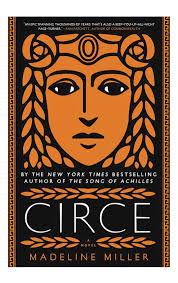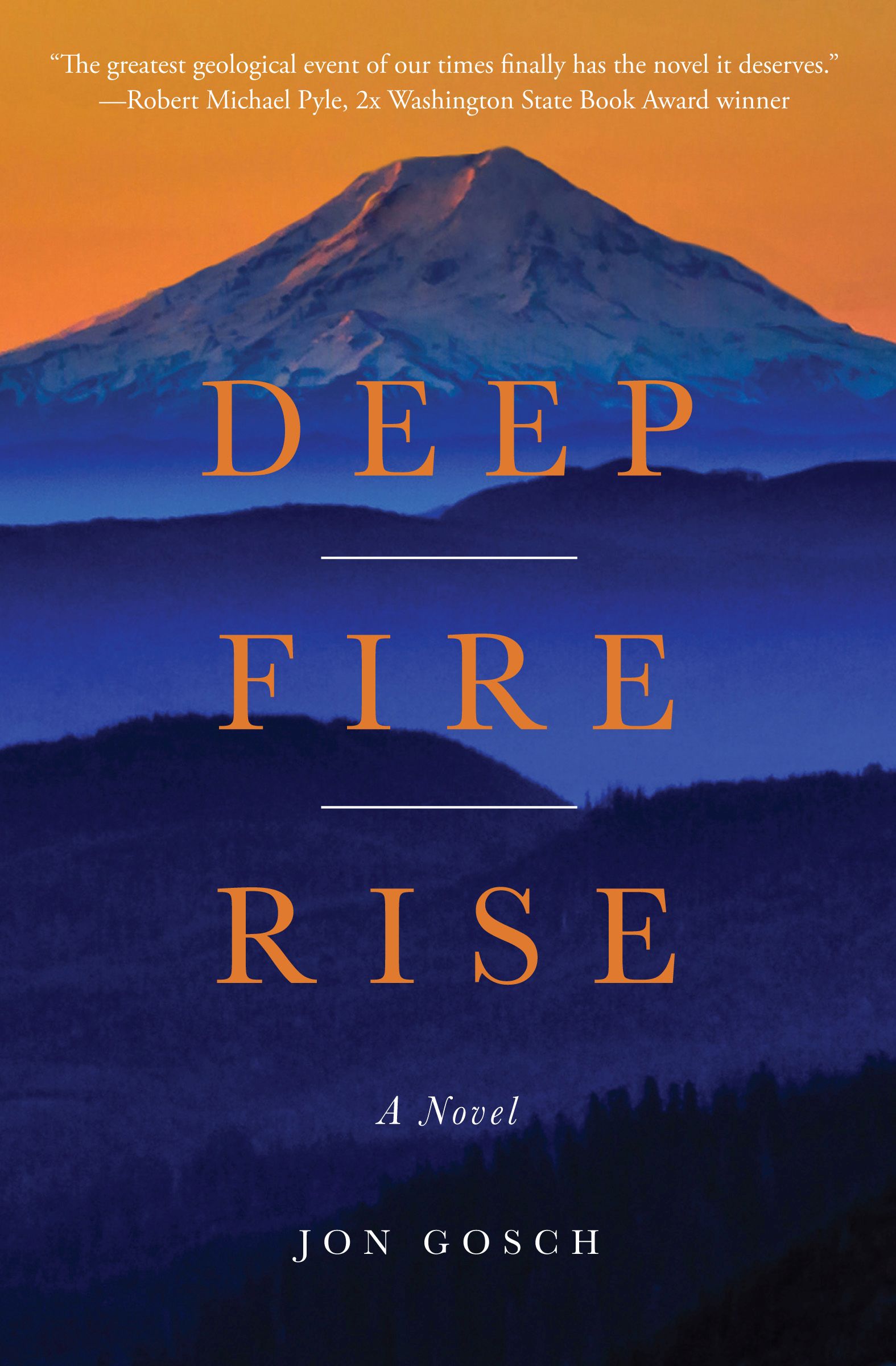Brad Meltzer and Josh Mensch
Flatiron Books

|
Washington may be one of the most seasoned military veterans in the colonies, but that isn’t saying much. Colonial officers like Washington were given inferior positions compared to their British counterparts. As a colonel, Washington was a midlevel officer who had never led more than a hundred men in actual battle…(His) enduring reputation as a great military leader is not based on his technical skill as a tactician. He would win a few impressive battles, but overall he lost more than he won. What made him great—at least in the particular circumstances of the Revolutionary War—was his sheer staying power, his total devotion to his army, his relentless sense of duty, and a stubborn refusal to ever give up. from The First Conspiracy |










